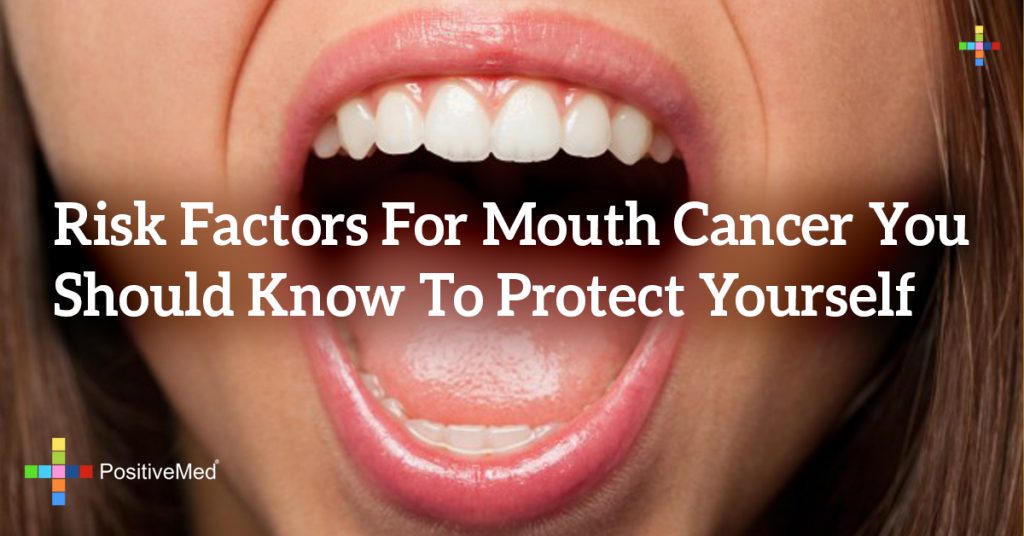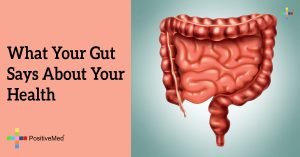
Risk Factors For Mouth Cancer You Should Know To Protect Yourself
Oral cancer, otherwise known as mouth cancer, is the uncontrollable growth of cells in any part of the mouth. Oral cancer can appear as a sore on the lips, cheek, gum and tongue. As well as on the hard and soft palate, oral cancer can occur on the roof or floor of the mouth. Research has shown that 25 percent of all cancer cases occur in people who don’t smoke and drink limited amounts of alcohol. 81 percent of people with oral cancer may live for more than one year since developing the disease. The disease has four stages. If left untreated, mouth cancer can endanger life.

Signs and Symptoms of Oral Cancer
Loose teeth, persistent mouth sores, painful tongue, sore throat and lumps in the mouth may signal that a person has oral cancer. Other signs and symptoms include discolored patches inside the mouth, jaw pain or stiffness as well as painful chewing.
Tests and Diagnosis of oral cancer; early stages
Using a bright light and a mirror to look for any sores in front of the gums, lips or other parts of the mouth may determine if a person has oral cancer. A person who suspects that he has cancer should visit an oral specialist immediately. The specialist is more likely to perform an oral cancer screening examination or oral brush biopsy as well as look or feel for any sores, discoloration or growths in parts of the mouth.
RELATED ARTICLE: A Powerful Cancer-Fighting Treatment The Pharmaceutical Companies Don’t Want You To Know About
Risk Factors for Oral Cancer
Just like smoking, excessive consumption of alcohol renders a person vulnerable to oral cancer. Other factors that predispose people to oral cancer include long exposure to the sun, a family history of cancer and Human papillomavirus.
Causes of Oral Cancer
DNA mutations of cells in the lips and mouth can cause mouth cancer. Mutations cancer cells to build up in or around the mouth, forming tumors. As of 2016, it is not yet clear what triggers mutations of squamous cells that cause oral cancer.
Prevention
Eating a balanced diet, including plenty of vegetables and fruits, quitting smoking, and cutting down on the intake of alcohol can help prevent oral cancer. Avoiding excessive sun exposure to the lips may also help.
Oral cancer can be prevented and treated if detected early. It is vital that every person conducts a self-exam once per month and visit a dentist every three months for an oral cancer screening exam. Complementary and alternative therapies, such as massage therapy, relaxation and gentle exercises can help reduce symptoms associated with oral cancer.





